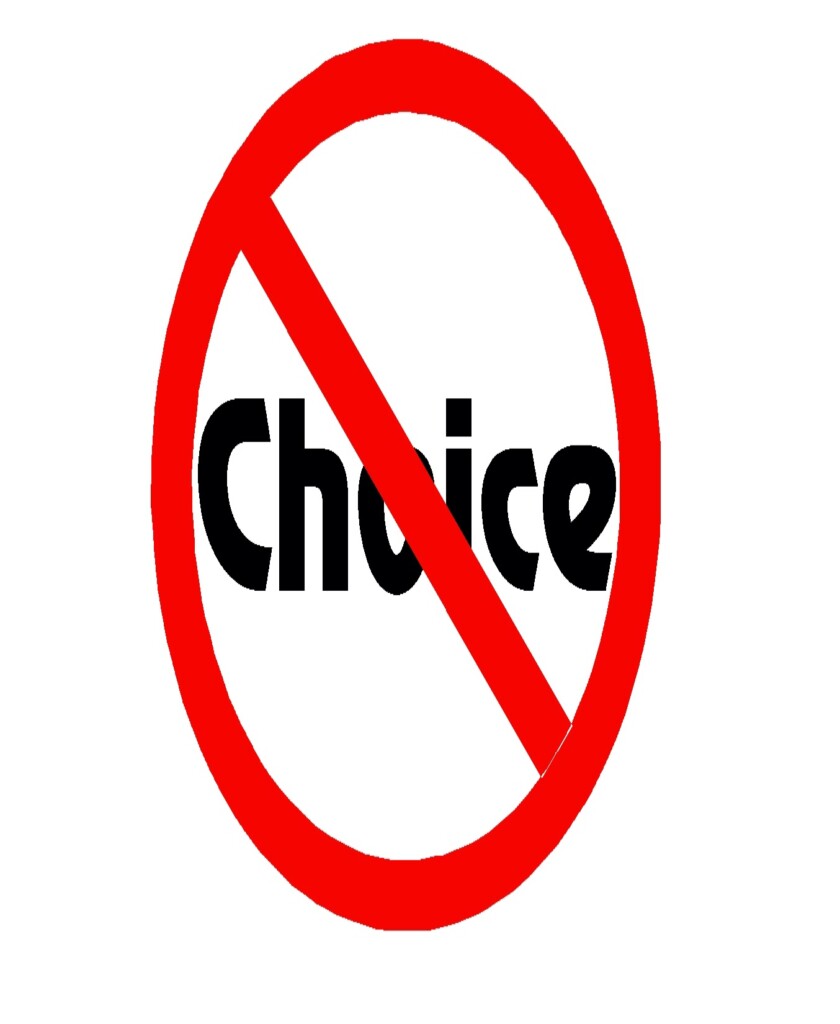
When’s you’re not in a position to make one. This blog is a series of thoughts that have distilled over the years. Rarely am I in the company of suffiently ‘lefty types’ to find much agreement and too frequently come across indifference or a lack of compassion. I’m still unsure which is worse. I use the term lefty for affect. Along with ‘bleeding heart liberal’ and less polite terms, I’ve heard them all. The beauty of age is confidence. Rather than veering right as many do with age, I’m pleased that my career choices have clarified my thinking on this.
In areas such as appointing Powers of Attorney and The Mental Capacity Act we have tools to conclude whether someone can and should make certain life-influencing decisions. And yet all too often we hear the word ‘choice’ referring to people sleeping rough, begging and refusing services of support.
Let’s just be really clear on the choices available to many fellow humans in tough times. Choices may be between a twenty-bed hostel where a known predator or violent criminal are resident and sleeping on the streets. Choice may be to stay with a violent husband or fear worse (severe harm to yourself or your children). Choice may be between begging to have enough to stave off hunger and prostitution.
Furthermore, when it comes to homelessness, the choice of services really are minimal. Many people will have been through them before, met the same workers, heard the same doors clanging shut and been through the same broken systems that led them back to where they are.
This blog isn’t about the paucity of human-designed services or huge cuts to public services however. It’s concerned with how we make decisions. The best case scenario for making a decision is being warm (the brain works much better when warm apparently). Ideally, if I’m buying a car for example, I’ll get in possession of the facts. Do some research. Weigh up the pros and cons. Get onto google. Speak to some friends. Work out what I can negotiate and compromise on. Knowledge is power and networks remain the greatest source of support.
We know from research that enduring poverty, money worries, abuse, hunger, physical pain and poor mental health cognitively impair the brain. We know that children and adults who have been abused suffer from PTSD. In light of this, faced with the trauma of poverty, hunger, abuse and sleeping on the streets, who of us would make the best ‘choices’. I argue very strongly that not only are they not true choices, but that we’re asking people to make them who will struggle due a complex cocktail of factors.
So let’s hear more empathy the next time someone says that a homelessness person turned down the offer to go into a hostel – as though this absolves us of compassion.

